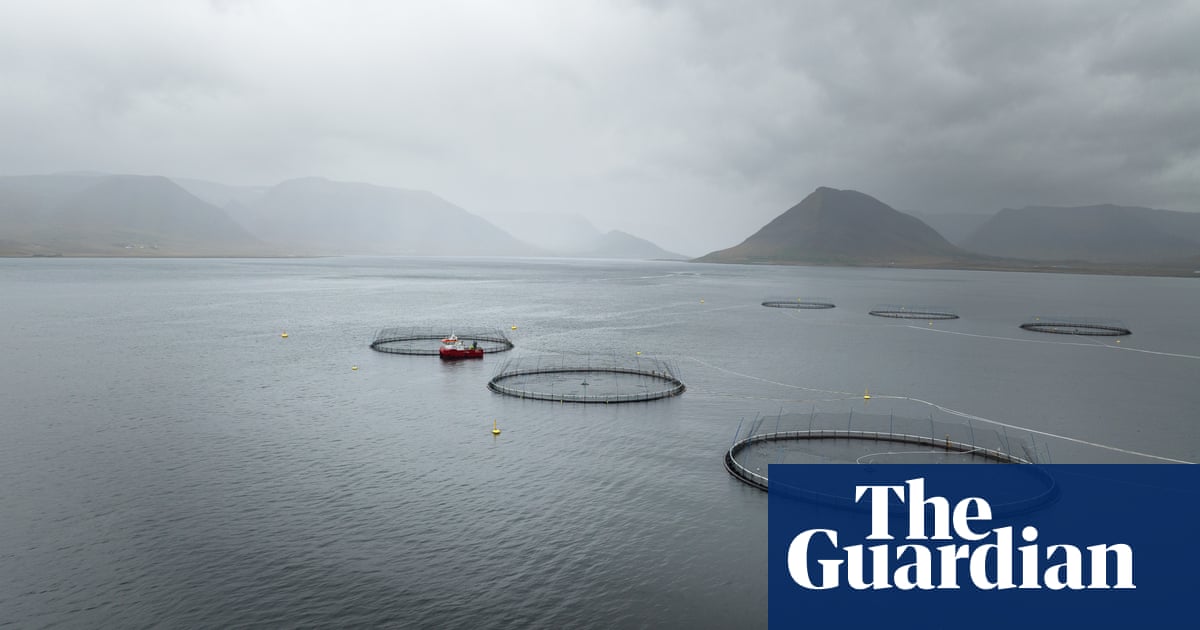
Thousands of salmon escaped an Icelandic fish farm. The impact could be deadly
by bernt & torsten
In northwest Iceland’s River Blanda, a significant number of salmon not native to the water are being found, which may threaten the local fish population. These non-native salmon are farmed fish suspected to have escaped from open-net pens. This incident has led to calls from environmentalists, sport fishers and politicians to restrict or ban open-pen fish farming to protect the local wild salmon.
These farmed fish differentiate from their wild counterparts by their worn gill covers, shortened or disfigured snouts, and missing or torn fins. Studies suggest that interbreeding between farmed and wild fish may lead to offspring that mature faster and younger, thereby hampering the species’ ability to reproduce in the wild. This issue is worrying not only due to the large geographical expanse covered by these fish but also due to the large numbers of these fish and the fact that many are mature and ready to breed. This incident has led to the opening of an investigation to check if the company propagating open-pen fish farming has violated any laws regarding the practice.
Escaped farmed fish and sea lice pose significant threats to the wild Atlantic salmon population. The global number of wild Atlantic salmon has dropped from 8-10 million in the 1970s to 3-4 million today. The rapid growth of the salmon farming industry has met with multiple issues. Reports suggest that there is lax regulation and supervision over salmon farming. Some reports suggest that existing mechanisms of surveillance and control need to be improved, given the frequent breaches of the regulations governing the industry.
Callers have noted that it provides an essential lifeline to remote and sparsely populated rural villages. Hopefully, this incident could pave the way for improved legislation and control mechanisms as the country is currently drafting a new aquaculture bill. Although many in remote areas believe that salmon farms are largely beneficial by providing employment opportunities and encouraging economic growth in those areas, there is serious concern over the environmental effects of these farms. Critics argue that these farms contribute to pollution from organic waste and the use of pesticides to treat sea lice, which can harm the local ecosystem.

Nationalkapitalism
I takt med att regeringar med nationalistiska eller auktoritära tendenser stärker...

How Democracy is Enslaving Us
The Digital Ensnarement: How Democracy is Enslaving Us
In the modern era, democracy...

Tech’s New Playbook: Performance-Based Layoffs and the NFL Model
Tech’s New Playbook: Performance-Based Layoffs and the NFL...